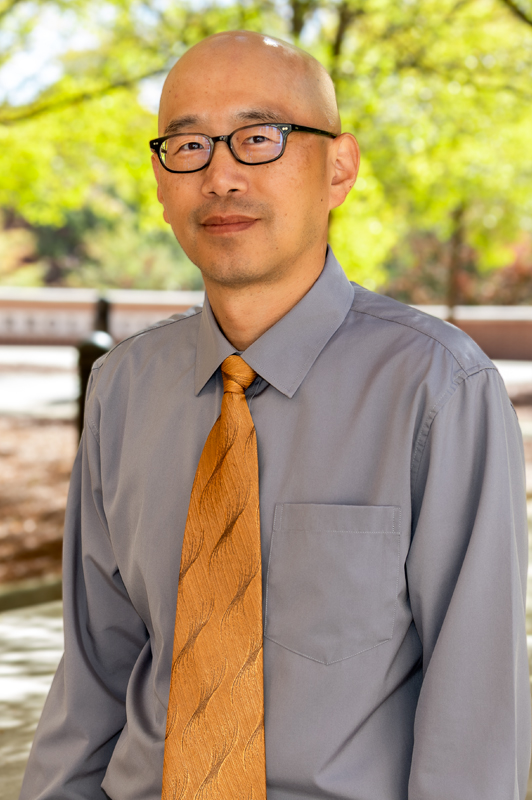Civil and Environmental Engineering professor awarded for researching engineering countermeasures for wrong-way driving
Published: Sep 3, 2024 9:00 AM
By Dustin Duncan
Huaguo Zhou, the Elton Z. and Lois G. Huff Professor in the Department of Civil and Environmental Engineering, was recently awarded for his research on intoxicated drivers and engineering measures to prevent wrong-way driving.
Zhou, along with Chris Correia, professor and chair of the Department of Psychological Sciences in the College of Liberal Arts, received the supplemental category of the high-value research award from the California Department of Transportation for their study titled “Developing Engineering Countermeasures for Wrong-Way Driving.”
“This recognition highlights the quality and significance of our study, which examined the cognitive abilities of severely intoxicated drivers and assessed various engineering countermeasures to prevent wrong-way entry onto freeways,” Zhou said.
The study involved 30 participants in a driving simulator, testing both traditional and innovative traffic control devices. Each participant had three sessions: one for training, one while sober and one while intoxicated with a blood alcohol level of 0.12%.
“Through a detailed analysis of driving inputs and eye-tracking data during sober and intoxicated sessions, we identified the most effective wrong-way warning methods and provided practical implementation guidance for state DOTs,” Zhou said.
Zhou noted that while wrong-way crashes are rare, they often result in severe injuries or fatalities, with alcohol being a major factor. The study found that impaired drivers accounted for almost 60% of all wrong-way driving crashes and nearly 77% of fatal wrong-way crashes.
“I do not condone intoxicated driving under any circumstances. It is a serious threat to public safety,” Zhou said. “As engineers, it is our responsibility to develop and implement measures that can protect all drivers from the dangers of wrong-way crashes. Every step we take in this direction is crucial for saving lives and preventing tragedies on our roads.”
Key findings from the study showed that intoxicated drivers focused more on the pavement directly in front of the vehicle, increasing from 4% while sober to 17% while drunk. Drivers also had fewer wrong-way driving incidents when using pavement markings, and signs with flashing LED borders reduced wrong-way driving incidents by about 50% for intoxicated drivers compared to traditional signs.
Other findings included sober drivers spending more time looking at wrong-way traffic control devices than drunk drivers, and intoxicated drivers needing more time to understand single traffic signs. The study also found that flashing signs were easier for drunk drivers to understand.
The study also revealed that flashing signs and directional rumble strips increased braking distance for impaired drivers and that flashing signs with raised reflective pavement markers significantly increased hard brake distance for intoxicated drivers.
The California Department of Transportation plans to present Zhou’s study in January at the 2025 Annual Meeting of the Transportation Research Board in Washington, D.C. The full report of this study can be found on the Auburn University Highway Research Center website.
Media Contact: , dzd0065@auburn.edu, 334-844-2326
Huaguo Zhou, the Elton Z. and Lois G. Huff Professor in the Department of Civil and Environmental Engineering, was recently awarded for his research on intoxicated drivers and engineering measures to prevent wrong-way driving.


